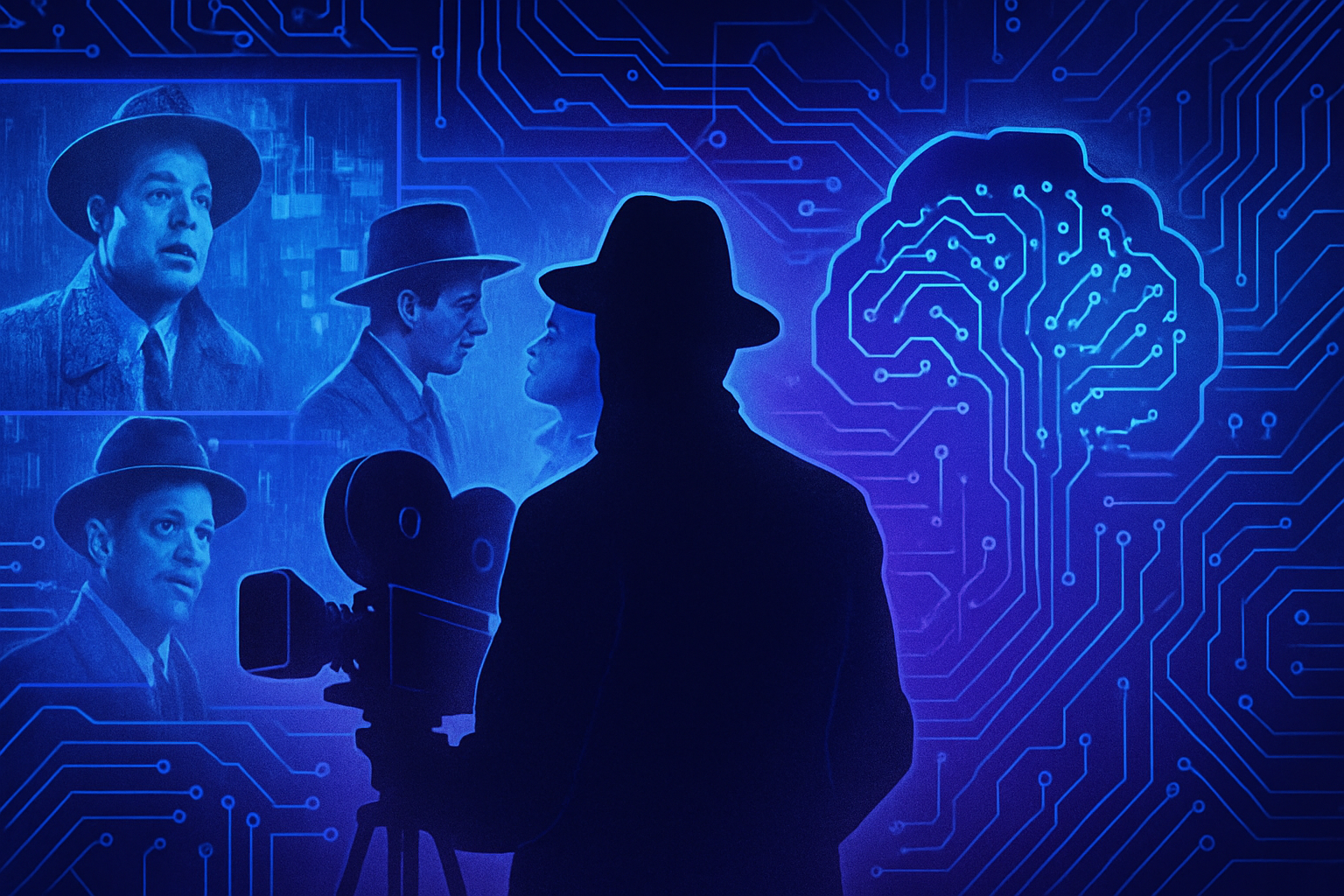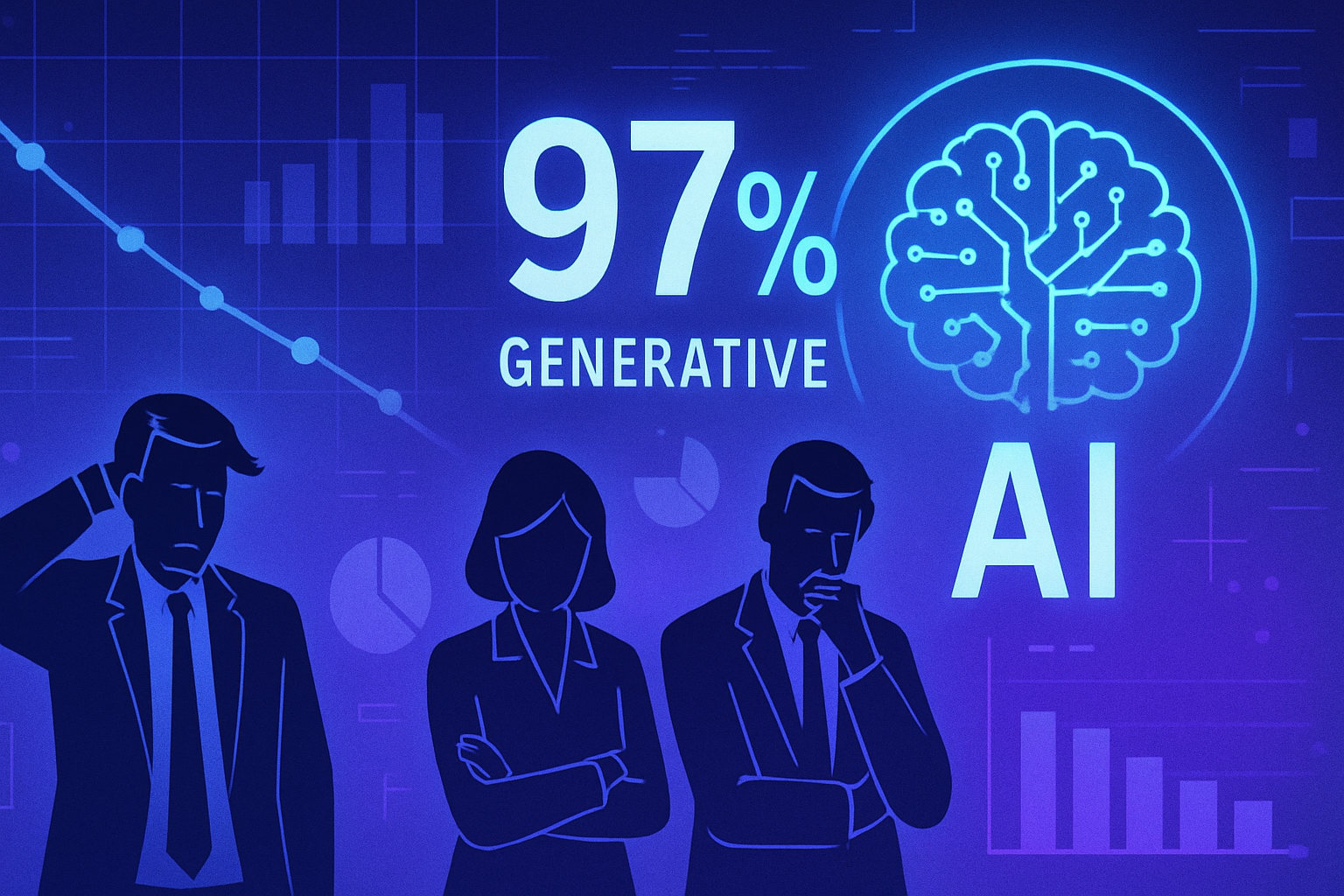Technological revolutions are redefining the approach to commemorations. The use of artificial intelligence in memorial policies raises fundamental ethical and historical questions. What happens to historical truth when AI enters the realm of collective memory? Through this mechanism, the government aims to create a new form of narrative, sometimes generating aberrant representations that blur the lines between reality and fiction. The use of big data in algorithms can lead to unpredictable results, impacting the memory of significant events. The memory of history is not reduced to statistics. It requires a nuanced and thoughtful approach that is profoundly human.
The use of AI in the government’s memorial policy
The use of artificial intelligence (AI) in constructing the collective memory of the country raises ethical and technical questions. Recent examples highlight sometimes aberrant results, casting doubt on the ability of these technologies to address such sensitive issues.
AI-generated commemorative videos
On May 27, during the National Resistance Day, the government aired a video recounting the life of a resistance fighter. This work, created by AI, proved to be historically inaccurate. It was criticized for its inconsistency, ending with a scene featuring a Wehrmacht soldier, an unimaginable image at the Liberation.
Previously, another commemorative video dedicated to women’s suffrage had also been produced by AI. Its content reflected an embellished vision of France in 1945, omitting the realities of the conflict, thus creating a troubling disconnect with authentic history. These examples illustrate the limits of AI systems in representing historical facts. Publications on social networks, such as TikTok, potentially reinforce these distortions.
Mechanisms behind generative AI
The logic underpinning generative AI relies on massive datasets, allowing for the extraction of statistically significant patterns. The training process leads to creations that imitate the past, but often in a decontextualized manner. Systems act like stochastic parrots, producing results that are often unpredictable.
When a request is made to generate content related to World War II, AI infers visual or narrative elements based on statistics. As such, the appearance of historical images or figures may seem probabilistically relevant, but this leads to significant errors. This phenomenon deserves to be analyzed with utmost care, as it transforms our relationship with the past.
Mediation between history and memory
Artificial intelligence establishes a new form of mediation between citizens and their history. This transformation is radically different from that performed by historians or archivists. The ability of AI to generate memorial content raises crucial questions about how we interpret and transmit our cultural heritage.
The results produced raise the question of the accuracy of these automated narratives. Tied to pivotal events, this content shapes our understanding of the past. It is undeniable that technology offers incredible opportunities; however, its use in the memorial domain requires rigorous vigilance and appropriate regulation.
Ethical and political issues
The use of AI in memorial policies raises considerable ethical issues. How can we ensure that these representations are faithful to reality and do not distort history? The absence of regulation can lead to a manipulation of collective memory, reinforcing biased narratives at the expense of historical truth.
Experts suggest a regulatory approach, based on evidence, to integrate AI responsibly. It is up to governments to define a framework conducive to ethical use of these technologies. The consequences for society can be profound, impacting the perception of future generations regarding history.
Future perspectives
Discussions around digital sovereignty and the role of AI are intensifying. A balance must be struck between technological innovation and respect for human values. The interface between collective memory and advanced technologies requires deep reflection to avoid a slide into superficial and fake contributions.
The road to a beneficial integration of artificial intelligence within government prerogatives is fraught with challenges. Nonetheless, a serious political will can pave the way for sustainable advancements that respect our historical heritage while embracing the potentials of modern technology. The path forward must include a reduction of historical error risks while capitalizing on the opportunities offered by AI.
Frequently Asked Questions about the use of AI in the government’s memorial policy
What is the main function of AI in the creation of memorial content by the government?
Artificial intelligence is used to generate videos, articles, and other commemorative content using algorithms that analyze historical data. This allows for the rapid production of contributions to significant events or anniversaries.
What are the risks associated with using AI in the production of historical representations?
The risks include the creation of inaccurate or misleading historical content, such as the erroneous representation of historical figures or events, which can harm the understanding of the past.
How do generative AIs choose the information they use?
AIs analyze large datasets to identify patterns and create representations. However, this approach can lead to biased or inappropriate results if the source data is not properly verified.
What measures is the government taking to ensure the accuracy of AI-generated content?
The government must establish verification protocols to control the AI-generated content, involving historians or experts in the process to validate the accuracy of the information before dissemination.
How does the use of AI change the relationship between individuals and their history?
AI creates a new mediation where representations of the past, often influenced by statistical data, can lead to different interpretations, thereby distorting our collective understanding of history.
Can AI be considered a reliable tool for collective memory?
While AI can provide content quickly and efficiently, its reliability heavily depends on the quality of the input data and the validation process, which makes it potentially unpredictable in the context of collective memory.
What recent examples illustrate the problems associated with AI in government memorials?
Recent cases include the creation of a misleading video about a French resistance fighter, which was criticized for glaring historical inaccuracies and had to be withdrawn following public backlash.
How does the public react to the use of AI in memorial projects?
The public’s response is often critical, with concerns over the authenticity and accuracy of the content, prompting a demand for a more human and traditional approach to historical commemoration.






